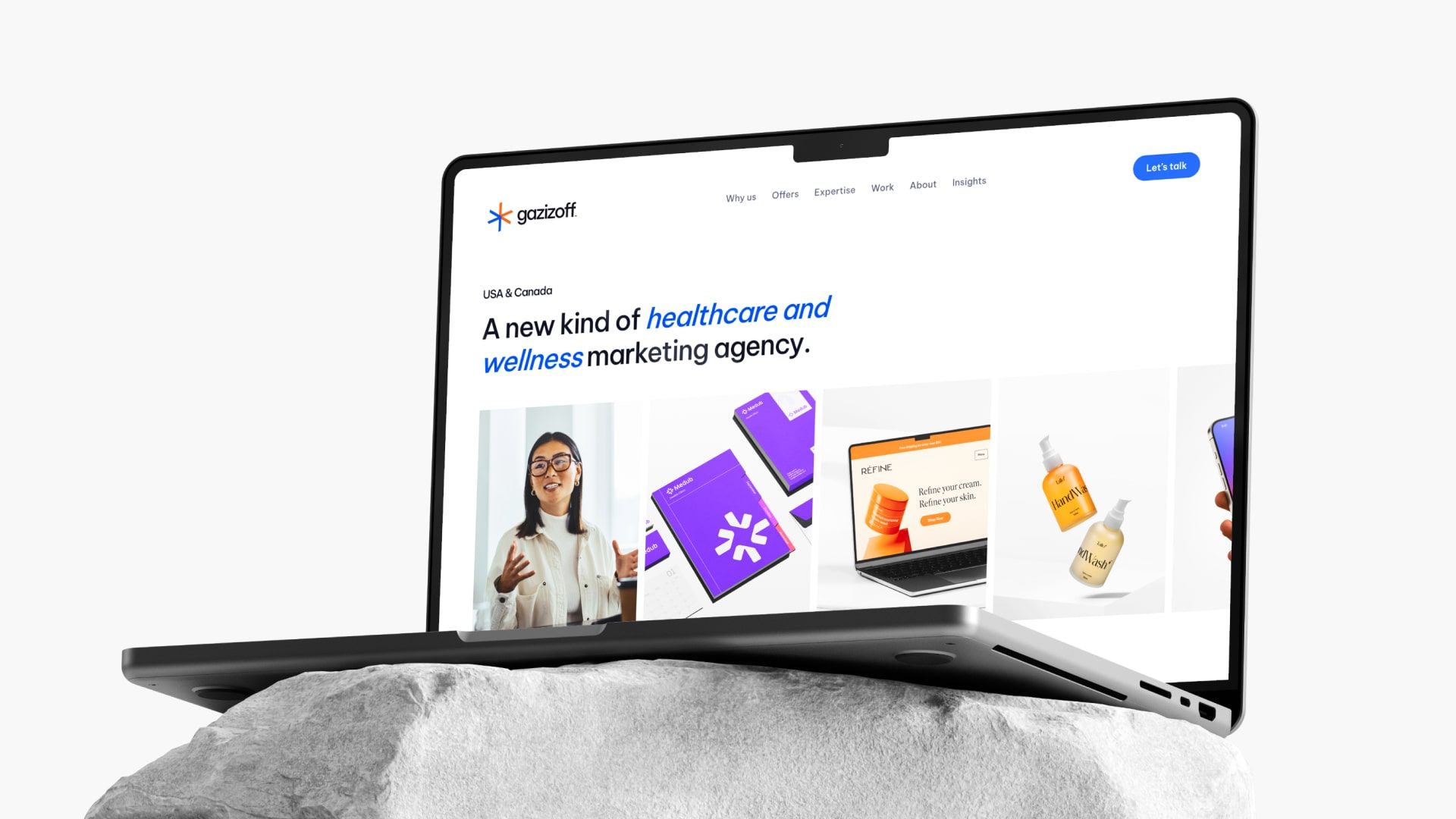Table of contents
Nowadays, it’s not enough to have a website and a social media presence. You also need to have engaging content that will capture people’s attention.
That’s where content marketing comes in. It blends the art of storytelling with the science of optimization.
The goal here is to attract people by providing valuable and relevant content they cannot find anywhere else.
This article will guide you through the basics of content marketing that you should know.
What is content marketing?
Content marketing involves creating and sharing valuable content with people. The goal of it is not only to sell products or services but also to build relationships with your customers.
The success here is to have informative, relevant, and engaging content. And it should also be consistent with the brand’s voice and tone.
Content marketing has many forms in owned, earned, and paid media.
What results can you get from content marketing
It’s an essential marketing component because it can help you achieve your business goals and results.
Increases brand awareness
Brand awareness is one of the most common results that you can expect from content marketing. Indeed, most of its strategies aim to increase brand awareness.
Increases website traffic
Another common result is that it drives website traffic to your site. As well, your content may result in increasing website sales.
Generates leads
You can also use content marketing to generate leads. When you create content that helps your audience solve a problem, you give them a reason to contact you.
Drives sales
Finally, it can result in sales. If your content is compelling enough, your audience takes action, such as clicking on a button/link on your website to make a purchase.
Why is content marketing important?
By creating compelling content, you build trust and credibility with your target audience. This increases the results that we’ve provided above.
Content marketing is also essential to build relationships with your customers.
When you develop a strong relationship, you can turn your audience into brand advocates. They share your brand with others and promote your business.
There are other benefits of content marketing:
- Educates people about your products/services
- Shows how your products/services solve people’s challenges
- Increases conversions
- Creates a sense of community around your brand
How content marketing works
To start working on your content marketing, you need to think about how to do it.
You need to understand three processes:
- Strategy: What you’re planning to do, why, and how
- Production: How you start creating your content
- Distribution: What channels are you going to use
01. Content Strategy
Before creating your content, you should understand the strategy of what you’re planning to do, why, and how. It’s your plan.
Let’s dive into the steps you should include in your strategy.
What are your goals?
Here you need to understand what you want to achieve. Think about your SMART goals. That way, you can set realistic goals for your content, stay on track, and measure success along the way.
Goals you might have:
- Increase revenue
- Improve brand awareness
- Generate leads
- Increase engagement
- Increase conversions
Who is your audience?
Once you know your target audience, you can tailor the content to their specific needs and interests. Make it relevant and interesting to them.
Choose the channel
Start with “where” your audience is likely to be. It can be your website, social media, paid ads, email, or videos.
What are your KPIs?
They help you to measure your progress and determine whether your efforts are paying off.
Here are a few KPIs to consider:
- Engagement
- Conversion rate
- Traffic
- Social shares
- Inbound links
- Number of ranking keywords
- Followers/subscribers
Implement a content calendar
Creating a calendar will help you map out when and where to post your content.
Analytics – Measure and analyze your results
It will help you see what’s working and not, so you can adjust your strategy accordingly.
You can evaluate your content based on several factors:
- the number of people who have engaged with your content;
- how long your content is being engaged with;
- how much your content is costing you to produce.
02. Content Production
After understanding your strategy and target audience, decide what content marketing you will use.
Types of content marketing:
- Short form video – Instagram Reels and TikToks
- Long form video – YouTube
- Long form text-based – articles and blog posts
- Short form text-based content – Twitter and Instagram Notes
- Photo Content – Instagram posts, Facebook posts, Twitter, Pinterest
- Graphic Content – infographics and Keynote/PowerPoints
- Long form Audio – Spotify, YouTube, SoundCloud, Apple Podcasts, Google Podcasts
- Interactive Content – quizzes, checklists, tools, apps, games
- Live presentations and webinars
When you decide what format you will use, start creating your content. Then determine what distribution channels to use.
03. Content Distribution
Once your content is created and planned, you can distribute it to people.
There are many different channels out there. But you need to decide the best one to reach your target audience.
Owned and earned media
Earned media is any coverage you receive from external sources. And with owned media, you have complete control over the content.
Ensure that your content is shareable and aligns with your brand identity and messaging.
Social media
If you’re just starting, you can create static posts on social media but strive to make video content.
Blog
Blogs will help you with SEO. You can also use these articles for email marketing and share them on social media pages.
External sites and blogs
Though we don’t like posting on platforms like Medium, we can’t deny it could be highly beneficial. It can get you more exposure and sometimes better rankings.
Videos
Videos will help promote your products or services, educate your audience, or help solve a problem. It has many formats, like live videos, how-to videos, product demos, and more.
Youtube Videos
If you’re already making long-format blog articles, it shouldn’t be as hard to make YouTube videos.
It’s a great way to reach a large number of people and keep them engaged with your brand. Your emails can include your blog posts, special offers, and exclusive discounts.
SEO
It’ll help you to have your content rank highly in search engine results. You can improve website usability and visibility, increase organic traffic, and improve ROI.
Paid media
Paying for ad space can be a very effective way to reach new audiences and grow your business. It’s highly targeted, visible, and easy to track and measure.
Ads
By placing ads on popular websites and search engines, your content can be seen by people who are already interested in your brand.
PPC
You only pay for the ads when they are clicked on. That way, you can control your budget and avoid overspending.
Wrapping up
Now you know all the fundamental basics of content marketing. It’s your must-have.
With your compelling content, you will engage people and capture their attention.
By understanding the process of content marketing, you will achieve your goals. As well you will drive awareness, leads, and sales.
The content provided on this website is for general informational purposes only and is not intended as professional or expert advice. While we endeavor to present accurate and up-to-date information related to healthcare and wellness marketing, we cannot guarantee its completeness or relevance. Any actions taken based on the information on this website are strictly at your own discretion. For specific guidance tailored to your situation, please consult with a qualified professional in the relevant field.










Leave a Reply